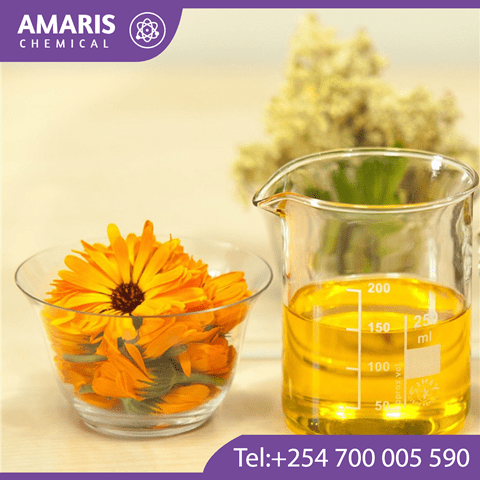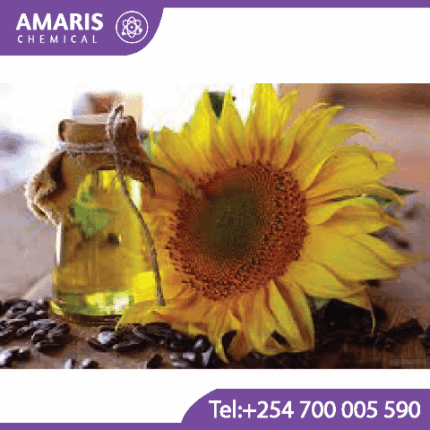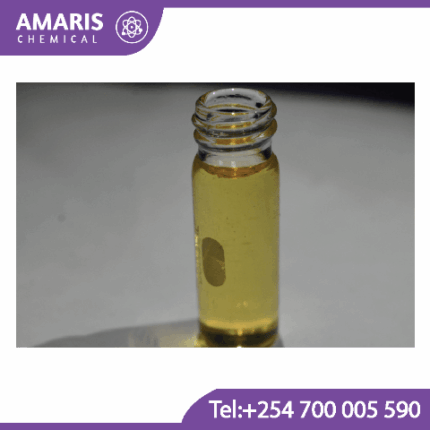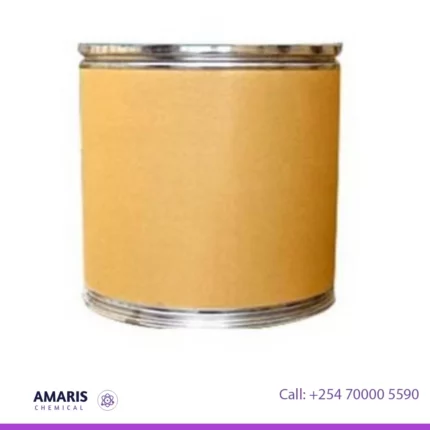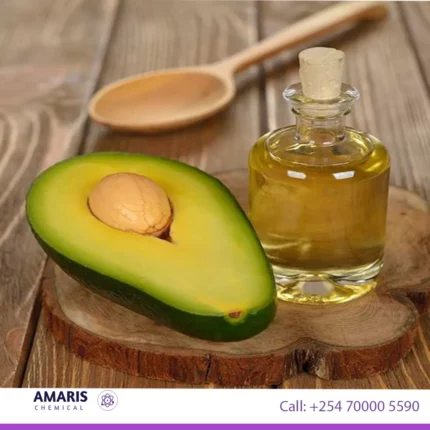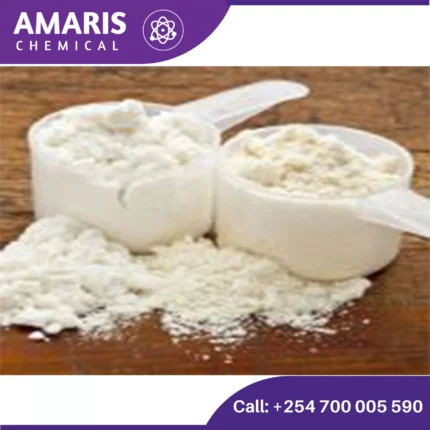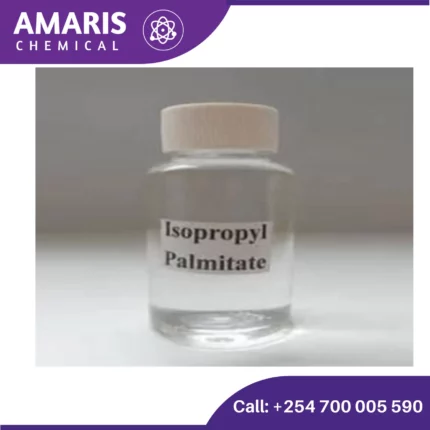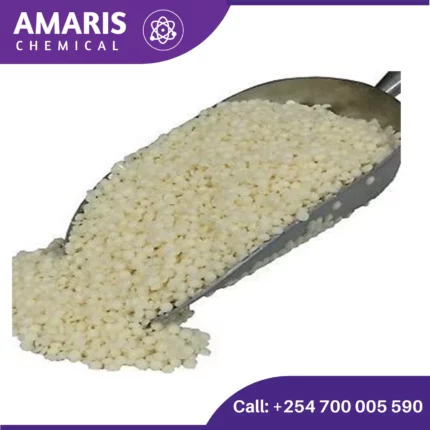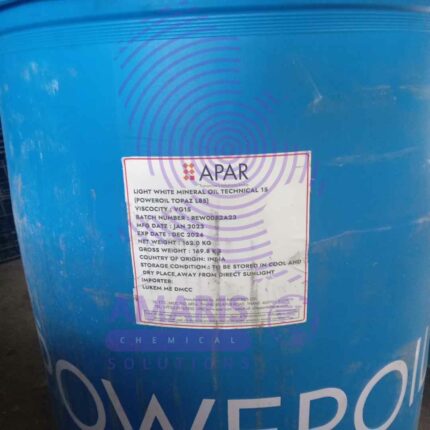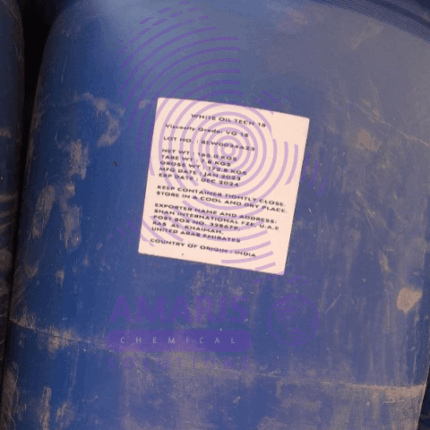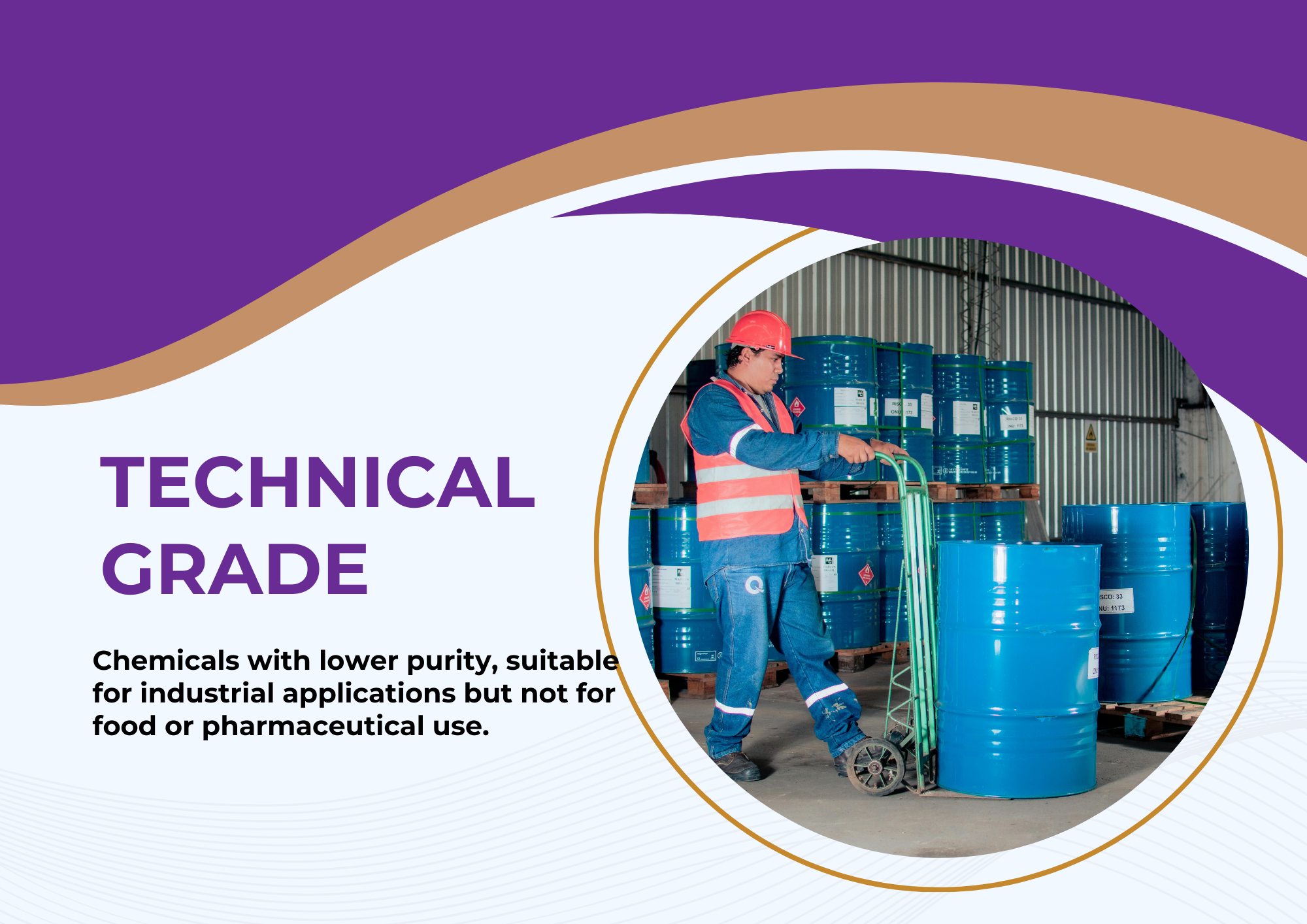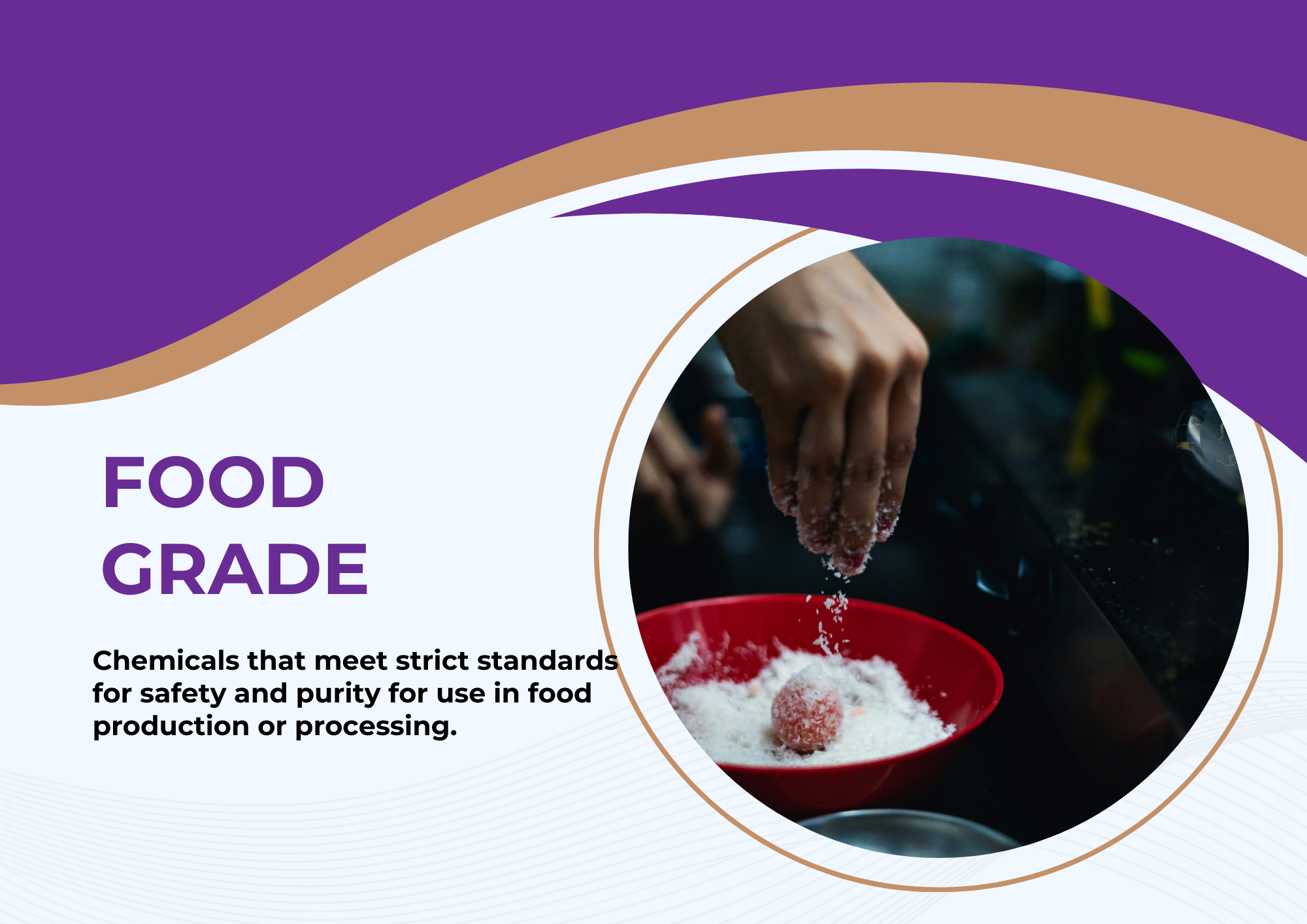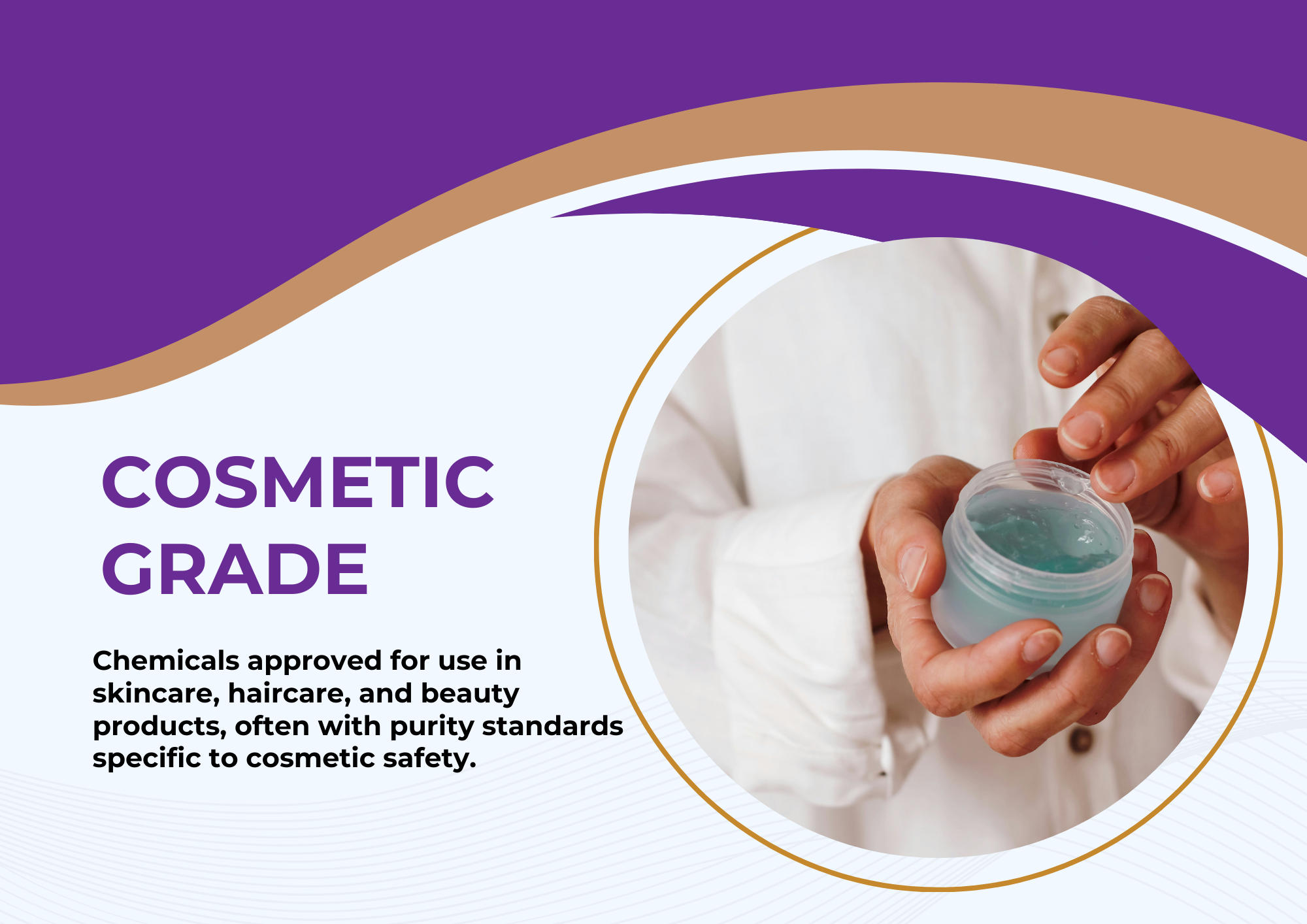“Fully Refined Paraffin Wax 50 kg” has been added to your cart. View cart
Shipping & Delivery
Related products
Ammonium Lactate
Ammonium lactate is a combination of lactic acid and ammonium hydroxide. It's commonly used as a moisturizer to treat dry, scaly, itchy skin conditions, such as ichthyosis vulgaris and xerosis. The lactic acid component helps to exfoliate dead skin cells, while the ammonium hydroxide component helps to moisturize and soften the skin. It's available in various forms, including lotions and creams, and typically requires a doctor's prescription for use.
Avocado wax
Avocado wax, also known as avocado oil wax or Persea Gratissima (Avocado) Oil, is a natural wax derived from the fruit of the avocado tree (Persea americana). It is obtained by cold-pressing the flesh of the avocado fruit and then further refining the extracted oil to obtain a solid, waxy substance.
Avocado wax has a high melting point and a rich, creamy texture, which makes it an excellent ingredient for various cosmetic and personal care products. It is often used as a natural alternative to petroleum-based waxes or synthetic emollients.
The wax contains a combination of fatty acids, such as oleic acid, palmitic acid, and linoleic acid, which contribute to its emollient and moisturizing properties. Avocado wax forms a protective barrier on the skin, helping to retain moisture and prevent moisture loss. It is known for its nourishing, softening, and smoothing effects on the skin and hair.
In summary, avocado wax is a natural wax derived from avocado fruit, prized for its moisturizing, emollient, and protective properties, making it a valuable ingredient in various cosmetic and personal care products.
Fish Collagen
KSh0.01
Fish collagen is a natural protein extracted from the skin, scales, and bones of fish, primarily from species like cod, salmon, and tilapia. It is renowned for its high bioavailability, meaning it can be easily absorbed and utilized by the body. Fish collagen is composed of amino acids, including glycine, proline, and hydroxyproline, which are crucial for maintaining the structural integrity and elasticity of various tissues, including the skin, joints, bones, and blood vessels.
One of the distinguishing features of fish collagen is its smaller molecular size compared to other collagen types, such as bovine or porcine collagen. This smaller size enhances its ability to penetrate the skin and be effectively absorbed by the body. Fish collagen is also rich in type I collagen, which is the most abundant collagen type found in humans and plays a vital role in supporting skin elasticity and firmness.
Fish collagen has gained popularity in skincare and beauty products due to its ability to promote skin hydration, reduce the appearance of wrinkles and fine lines, and improve overall skin texture. It is believed to stimulate the body's natural collagen production and protect existing collagen from degradation, thereby supporting a more youthful and vibrant complexion.
Furthermore, fish collagen is known to support joint health by promoting cartilage regeneration and reducing joint stiffness and discomfort. It has been studied for its potential benefits in managing conditions such as osteoarthritis and rheumatoid arthritis, where collagen depletion and joint deterioration are major concerns.
In summary, fish collagen is a valuable protein source derived from fish, offering notable advantages in terms of bioavailability, skin rejuvenation, and joint support. Its unique composition and properties make it a sought-after ingredient in various cosmetic, nutraceutical, and medical applications.
Isopropyl palmitate
Isopropyl palmitate is a synthetic compound that is derived from isopropyl alcohol and palmitic acid. It is commonly used as an emollient and thickening agent in cosmetic and personal care products. Isopropyl palmitate helps to enhance the texture and spreadability of formulations, leaving the skin feeling smooth and moisturized. It is often used in creams, lotions, moisturizers, and various skincare products.
Silicon emulsion
Soya wax
Soy wax is a natural alternative to traditional paraffin wax, made from soybeans. It's becoming increasingly popular in candle making due to its renewable and biodegradable nature. Soy wax burns cleaner and slower than paraffin wax, emitting less soot and lasting longer. It's also non-toxic, making it a healthier option for both the environment and indoor air quality. Many people appreciate soy wax candles for their eco-friendliness and the fact that they support agricultural sustainability. Additionally, soy wax can hold fragrance oils well, providing a pleasant scent experience.
Stearic Acid (Triple Pressed) 25kg
Stearic acid is a saturated fatty acid with the chemical formula C18H36O2. It is a solid, waxy substance that is odorless and tasteless. Stearic acid is commonly found in natural fats and oils, such as animal fats (beef, pork, and chicken) and vegetable oils (such as coconut oil, palm oil, and shea butter).
Stearic acid is widely used in various industries and applications. In the food industry, it serves as a food additive and is commonly used as a thickener, emulsifier, and stabilizer. It can be found in a variety of food products, including baked goods, confectionery, margarine, and chocolate.
Outside of the food industry, stearic acid has many applications. It is used in the production of candles, cosmetics, soaps, detergents, and lubricants. It is also utilized as a coating for pills and tablets in the pharmaceutical industry.
From a chemical perspective, stearic acid belongs to the class of fatty acids, which are long-chain carboxylic acids. It is called a saturated fatty acid because its carbon chain is fully saturated with hydrogen atoms, meaning it does not contain any carbon-carbon double bonds. This saturation gives stearic acid its solid form at room temperature and makes it less prone to rancidity compared to unsaturated fats.
Overall, stearic acid is a versatile compound with various industrial applications, primarily as a thickener, emulsifier, stabilizer, and lubricant.
White oil 162kg
White oil is a highly refined, colorless, odorless, and tasteless mineral oil that is commonly used in a variety of industrial, cosmetic, and pharmaceutical applications. It is produced by refining crude oil to remove impurities, resulting in a pure and stable oil that is chemically inert and non-toxic. White oil is typically characterized by its high purity, low viscosity, and low volatility, which makes it an ideal choice for applications where cleanliness, stability, and safety are important. Some common uses of white oil include as a lubricant, a carrier oil for fragrances and flavors, a plasticizer in the manufacturing of plastics, and as an ingredient in personal care products such as lotions and creams.

